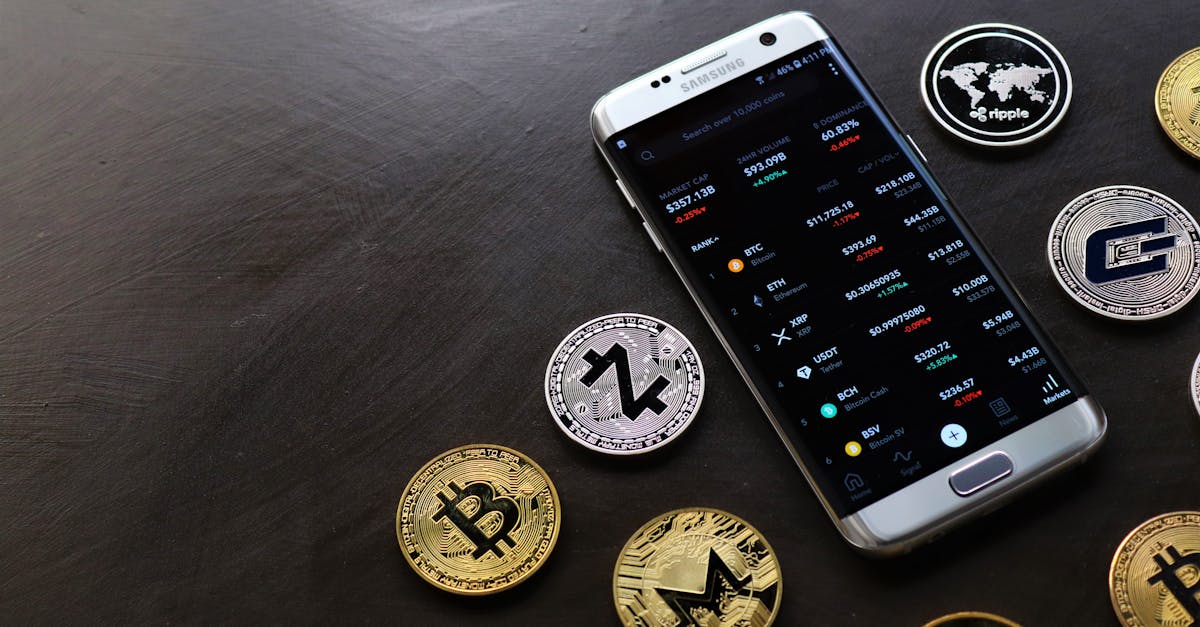The Digital Wallets Revolution: Transforming Payments Standard
Introduction
In the age of technological advancement, digital wallets have emerged as a groundbreaking innovation, transforming how transactions are conducted. Initially considered a novelty, these platforms have grown to become an integral part of the global financial ecosystem. Digital wallets, or e-wallets, are electronic applications or programs that allow users to conduct financial transactions safely. With features ranging from secure payments to storing various credentials, digital wallets increasingly replace traditional payment methods. Their convenience and security make them appealing to a broad demographic, leading to widespread adoption and innovation. As more consumers and businesses embrace them, digital wallets continue to revolutionize the future of payments.
Advertisement
Understanding Digital Wallets
At their core, digital wallets are electronic systems that store financial information securely, enabling users to make purchases conveniently. They usually hold several types of data, including credit card numbers, bank account details, and even loyalty card information. Popular digital wallets such as Apple Pay, Google Wallet, and PayPal have structured their services to provide users with a seamless experience. Their digitized nature reduces the need for carrying cash or physical cards, promoting a cashless society. Furthermore, these platforms leverage cutting-edge technology to ensure safe and encrypted transactions, protecting users from potential fraud.
Advertisement
The Role of Smartphones
Smartphones play a pivotal role in the rise of digital wallets, acting as both a medium and a facilitator. The penetration of mobile devices worldwide has enabled easier and more accessible payment options through digital wallets. Equipped with features like NFC (Near Field Communication), many smartphones allow for 'tap-and-go' payment methods, leading to quicker checkouts. The mobile-first approach of many digital wallets makes them highly adaptable to evolving consumer needs and global market trends. Ultimately, smartphones serve as the bridge connecting users to broader financial networks, forging the path for a convenient and integrated payment ecosystem.
Advertisement
Benefits for Consumers
Consumers are at the forefront of the digital wallet revolution, enjoying multiple benefits that enhance their purchasing power. First and foremost, digital wallets offer unparalleled convenience, eliminating the hassle of carrying cash or physical cards. They also allow users to track their spending habits with integrated budgeting tools and real-time updates. Additionally, the use of digital wallets often comes with rewards programs and discounts, providing consumers with cost-saving opportunities. Security is another significant advantage, as cutting-edge encryption technologies safeguard users' sensitive information, minimizing the risk of fraud and identity theft. These attributes collectively create a compelling case for digital wallet adoption.
Advertisement
Impact on Businesses
For businesses, the integration of digital wallets into payment systems has proven transformative, creating new opportunities for growth and customer engagement. Accepting digital payments can significantly enhance a company's reach, catering to tech-savvy consumers seeking modern solutions. With smoother payment processes, businesses often see improved customer satisfaction, translating to increased sales and loyalty. Additionally, cost savings emerge as cash handling and transaction errors decrease. Digital wallets also enable businesses to gather and analyze consumer data effectively, tailoring marketing strategies and refining customer experiences. Ultimately, digital wallets facilitate a more streamlined and efficient business operation.
Advertisement
Security and Encryption
One of the hallmark features of digital wallets is their robust security framework, designed to protect users' information at all costs. Various technological safeguards ensure secure transactions, including tokenization, two-factor authentication, and biometric verification. Tokenization replaces sensitive data, like credit card numbers, with unique identifiers, preventing fraud even if intercepted. Biometric features, such as fingerprint scanning and facial recognition, add an extra layer of security, making unauthorized access increasingly difficult. With increasing cyber threats, digital wallets continually evolve and adapt, ensuring user confidence and trust in their systems.
Advertisement
Global Adoption Trends
The adoption of digital wallets is a worldwide movement, with varying rates and models across different regions. In Asia, especially, mobile payments have seen exponential growth, with pioneers like WeChat Pay and Alipay leading the charge. Europe and North America also witness significant adoption, albeit with distinct competitive landscapes shaped by consumer preferences. Governments globally recognize the potential of digital wallets in promoting financial inclusivity, incentivizing their usage. Although the adoption pace differs from one region to another, there is a collective shift towards cashless economies, marking a critical step in the evolution of global payments.
Advertisement
Challenges Facing Digital Wallets
Despite their benefits, digital wallets face obstacles that inhibit their full potential. One of these is the lack of standardization across platforms and regions, which complicates interoperability and user experience. Security concerns and the constant evolution of cyber threats pose ongoing challenges that demand continuous vigilance. Additionally, consumer reluctance due to the fear of losing digital authorization can threaten widespread adoption. Digital divide issues also arise, as people in less developed regions might find it challenging to access or use these technologies due to infrastructure limitations. Overcoming these challenges remains critical for the sustained growth and development of digital wallets.
Advertisement
The Future of Digital Wallets
As technology continues to evolve, the potential for digital wallets to reshape financial interactions becomes even more promising. Advancements such as blockchain technology and artificial intelligence are likely to be harnessed to enhance their capabilities and security further. Greater integration with IoT (internet of things) devices may offer consumers a more interconnected lifestyle, enabling seamless transactions. With financial transaction data providing insights, predictive analytics might evolve, crafting tailor-made offers for consumers. Digital wallets have the potential to fundamentally redefine commerce, making everyday transactions quicker, safer, and more personalized.
Advertisement
Summary and Conclusion
Digital wallets are at the forefront of the revolutionizing payment standard, providing consumers and businesses alike with efficiency, convenience, and enhanced security. Their widespread adoption reflects a shift towards an increasingly cashless society, driven by innovations in mobile technology and digital security. Though challenges persist, the potential for growth is immense, with emerging technologies poised to further transform the marketplace. As digital wallets continue to evolve and adapt, their role in shaping the future of transactions becomes ever more apparent. Ultimately, they represent a significant step towards a more integrated, efficient, and inclusive financial world.
Advertisement








